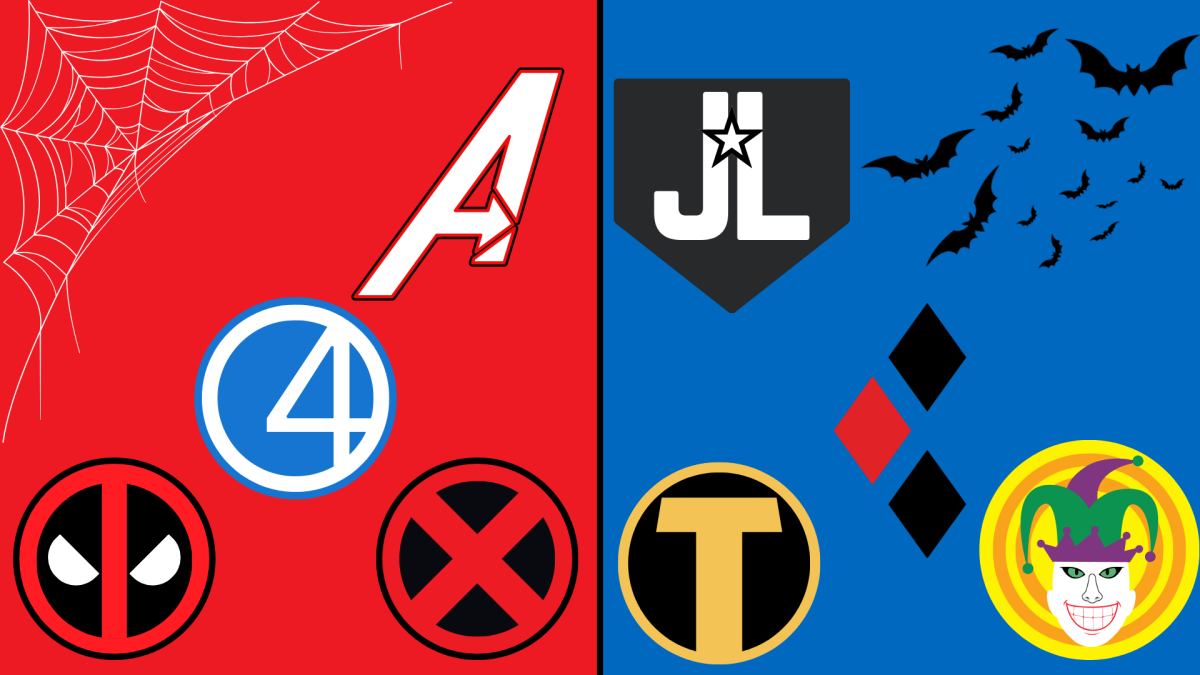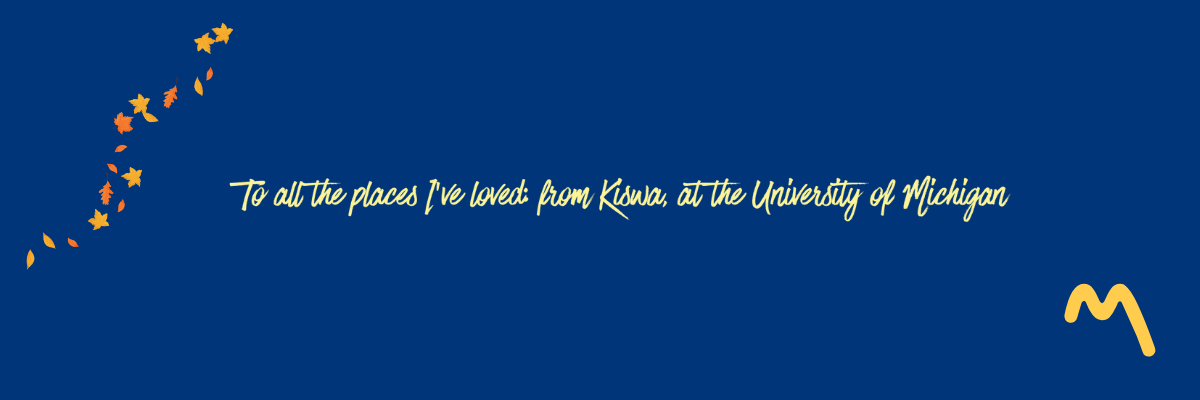For ages, the comic book industry has been dominated by two main publishers: Marvel Comics and DC Comics. Fans love to argue about which one is better, or “powerscale,” which means weighing fictional characters’ strengths and feats against each other to see who would come out victorious. Discussing who’s stronger between Superman and The Hulk, or who’s smarter between Batman or Iron Man can be fun, but some people take these discussions too seriously. They get to a point where, while we are weighing works of art against each other to see which is better, we ultimately miss the point that art is created to be enjoyed. Why waste time by making your friend who loves The Flash feel bad by saying their favorite Flash comic is worse than this Spider-Man comic?
While Marvel and DC have always been rivals in the marketing sense, rivalry never really applied to the creative minds behind the stories. Plenty of the most iconic comic book writers in history have done countless work for both publishers. There was a point in time when a writer would create a character that they wanted to pitch to one of the comic companies, and if they said no, the writer would just walk over to the other publisher and pitch their character there. This is exactly what happened to one of the most popular and beloved X-Men characters, Nightcrawler. So it begs the question: if famous writers work for both companies, and sometimes creators feel like their characters could fit in either universe, why are fans so hellbent on this rivalry?
Likely, it is a want for community. We as humans are constantly trying to fit in and find groups that accept us. It’s pretty easy for people to find like minded people when you label yourself as a “Marvel fan, DC hater.” So why is it preferable to find people with a mutual hatred of one publisher, as opposed to just bonding over a love of comics? It’s similar to bullying, where people are so desperate to fit in and have community that they bond over putting others down. But relationships built on a foundation of hatred are not healthy.
The rivalry did not go unnoticed by the writers, though. There are plenty of examples in which one of the companies intentionally references or parodies the other company. Marvel has a whole team, The Squadron Supreme, who are intentionally one-to-one pastiches for members of DC’s Justice League: Hyperion is analogous to Superman, Power Princess to Wonder Woman, Blur to The Flash, Doctor Spectrum to Green Lantern, and Nighthawk to Batman. DC has its own parodies of Marvel characters too, such as Red Lion being a spoof of Black Panther, DC’s Beard Hunter being a nod to The Punisher, and my personal favorite Red Tool, a mercenary themed after carpentry and garden tools whose real name is Wayne Wilkins. Does that one even need explaining?
It goes beyond just the comics. Marvel has had a live-action film franchise in the form of the MCU for almost 20 years now. DC is just now doing their second attempt at an interconnected film universe with James Gunn and Peter Safran’s DCU. People look at trailers of the DCU’s upcoming Superman film releasing in July, and already are saying that Gunn and Safran are copying the MCU. They watch a 2:20 youtube video, which is approximately 1.4% of the film’s reported length, and cannot resist comparing it to Marvel. How is it that people are able to make such a broad claim that a film is ripping off another when it’s not even out yet? And why are they so quick to jump to criticism instead of trying to appreciate it for what it is doing?
Ultimately, both publishers do what works best for them. I think that appreciating the fact that both companies approach telling the same types of stories from different angles should be appreciated, not criticised. Consuming different types of art is integral to having an open mind and being a better, more creative, and well-rounded person. Differing opinions open up dialogue and the opportunity to see how art impacts people differently. We should embrace the differences, not censure them.









